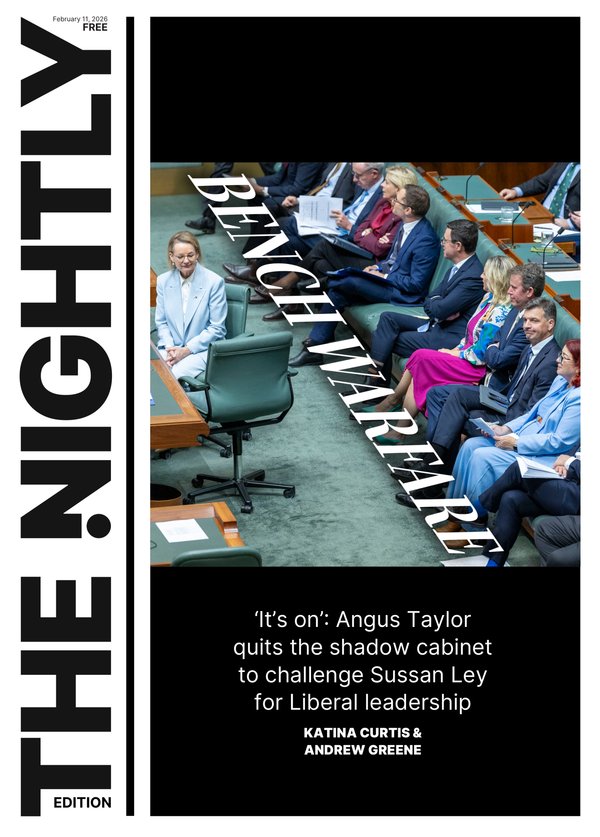Measles clusters pose outbreak risk in grand final trek
As Brisbane Lions fans flock to the MCG, epidemiologists sound the alarm after multiple clusters of measles cases across Queensland.

Experts warn a measles outbreak could spread nationally after this weekend’s AFL grand final.
There are currently around 20 active cases of measles in Queensland, with the largest cluster in the Cairns area of the state’s far north.
There are also smaller clusters in central Queensland and the Gold Coast, with a single case confirmed in Brisbane on Thursday.
Sign up to The Nightly's newsletters.
Get the first look at the digital newspaper, curated daily stories and breaking headlines delivered to your inbox.
By continuing you agree to our Terms and Privacy Policy.With up to 30,000 Brisbane Lions fans predicted to travel from Queensland to Melbourne for the match against Geelong on Saturday, epidemiologists warn of the highly contagious virus spreading.
The director of infectious diseases at Brisbane’s Mater Hospital, Paul Griffin, was once the No.1 Lions ticketholder and will be at the MCG among 100,000 others for the big match on Saturday.
“Fleeting contact, or even being in the same room as someone two hours after they were there infectious with measles is enough to get infected,” Professor Griffin said.
While he admits it unlikely a person with measles will attend, he said that for every known case of the disease there are likely to be 16 to 20 unknown cases.
Measles was eradicated from Australia in 2014, but has made a comeback as vaccination rates declined.
More than 120 cases have been logged so far in 2025.
Prof Griffin described the return of the virus as a “terrible tragedy”.
“This is our biggest (outbreak) since 2019, and with our current trajectory we could continue to break other records,” he said.
Vaccination rates against measles in Queensland have slid to 90.35 per cent, well below the target of 95 per cent.
Prof Griffin put the decline down to misinformation about vaccines in the wake of the COVID-19 pandemic, and complacency about the severity of the illness.
Measles is more than a harmless childhood illness, he said, with severe consequences including pneumonia and brain swelling affecting enough infected people to present a big problem.
“In the US, with their case numbers climbing, we’re starting to see deaths and and severe neurological complications return,” Prof Griffin said.
“That’s really something that shouldn’t be happening and we want to make sure we don’t see happen in Australia as well.”
